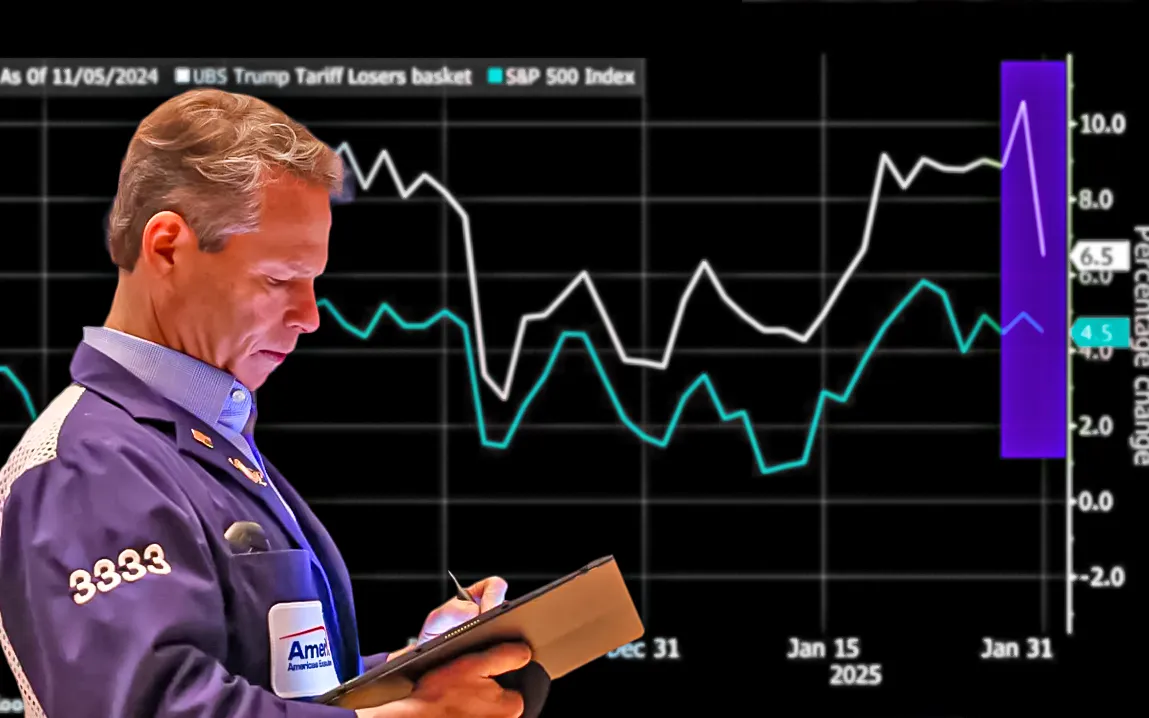World financial markets are holding their breaths as American stock futures fall ahead of new tariffs to be imposed this week. The Dow Jones Industrial Average futures fell about 180 points (0.4%) Sunday night, as S&P 500 and Nasdaq-100 futures fell about 0.7% and 1.2%, respectively.
President Donald Trump declared that the 25% tariff on cars and auto parts imported from overseas will go into effect on Thursday. In an interview recently, he said, “I couldn’t care less if they raise prices, because people are going to start buying American-made cars.”
The looming tariffs have deepened investors’ worries about inflation and economic slowdown. The S&P 500 and Dow Jones saw deep losses last week, with the S&P 500 losing 2% and the Dow losing 1.7%. Investors worry that rising trade tensions would prompt stagflation—a situation where the economy is not growing but rather stuck while inflation rises.
The automotive sector is also highly susceptible, with expectations of car prices being raised between 11% to 12% to pay for tariffs. This might further shrink profit margins and slow consumption demand. Even overseas markets are bearing the heat; Japan’s Nikkei 225 slid more than 4%, while other Asian indexes such as Hong Kong’s Hang Seng and South Korea’s Kospi slid substantially.
Economists caution that the tariffs may cost American consumers as much as $2,400 a year, fueling inflation worries. Polls show that two-thirds of Americans think the tariffs will cause prices to rise.
As the deadline nears, market participants are on edge, watching closely and weighing the possible effects on different sectors.



